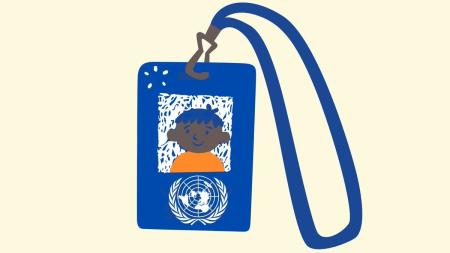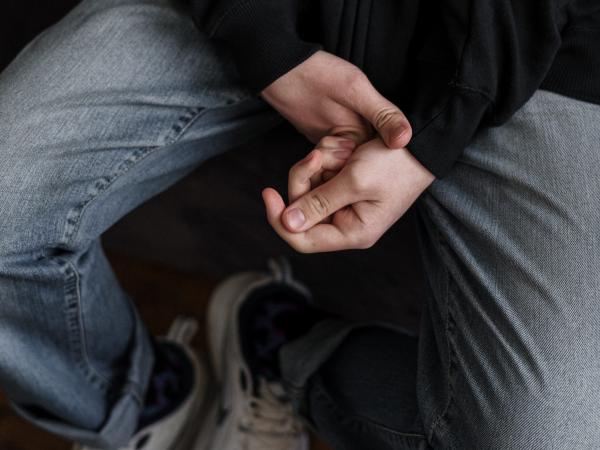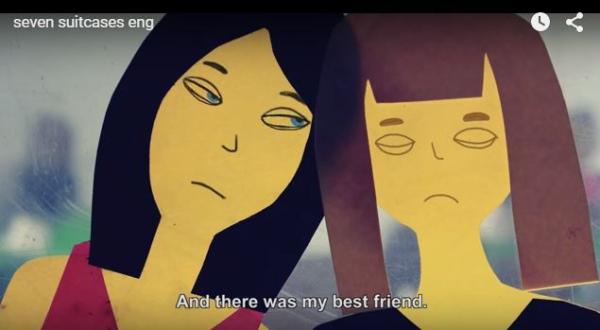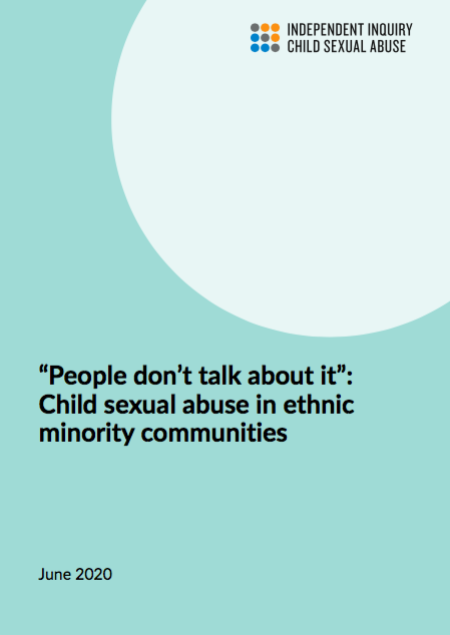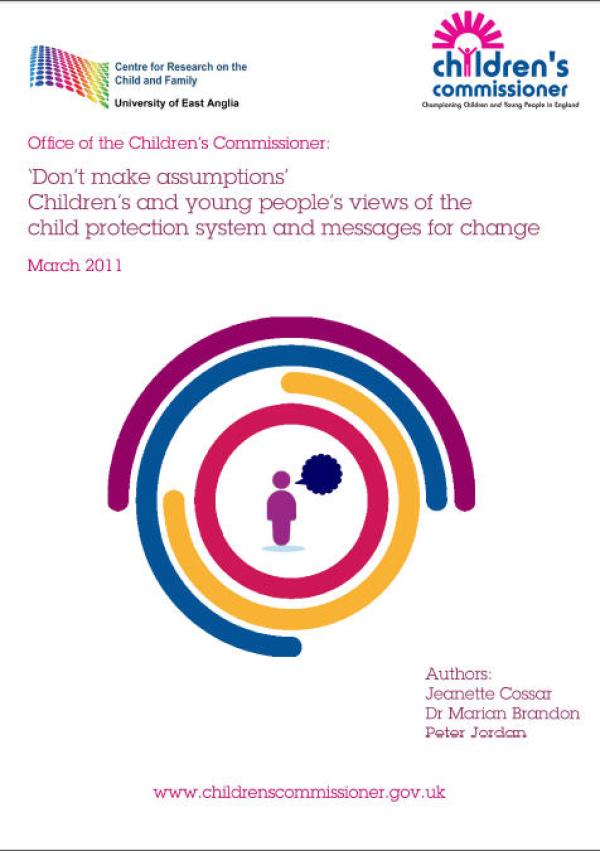
Experiences of peer-on-peer sexual harassment among secondary school pupils in Wales
The report calls for reform and a change in attitudes towards sexual harassment and abuse in educational contexts.
Context:
- Peer-on-peer sexual harassment is prevalent in the lives of secondary-school aged young people in Wales
- According to students, sexual harassment occurs face-to-face, but increasingly online and after school
- Pupils do not tell their teachers about peer-on-peer sexual harassment for a number of reasons, including a feeling of normalization of sexual harassment and the fear of not being taken seriously
The report:
- Written in response to a request from the Minister for Education in June 2021
- Report includes a review of existing guidance and support for schools and other relevant agencies who work directly with children and young people
- Based on research at 35 schools in Wales, and pupil focus group activities
Recommendations for secondary schools:
- Recognise that peer-on-peer sexual harassment is highly prevalent in the lives of young pupils and adopt a school-wide preventative and proactive approach to dealing with it
- Provide sufficient, cumulative and beneficial learning opportunities for pupils of all ages about healthy relationships, sex and sexuality
- Improve the way they record, categorise and analyse incidences of harassment and bullying
- Ensure all school staff receive regular and purposeful professional learning opportunities on personal and social education matters
Recommendations for local authorities:
- Work with schools to collect, categorise and analyse all bullying and harassment data, correctly and comprehensively
- Plan suitable intervention and support on gender issues at both school and local authority level, evaluating regularly their impact on pupil wellbeing
- Provide school staff with the necessary professional learning to adopt a proactive approach to peer-on-peer sexual harassment
Call on the Welsh government to:
- Work with local authorities to improve the way they collect bullying and harassment information from schools
- Ensure that local authorities identify and respond to patterns and trends in behavior
- Ensure schools receive regular and informative updates on best practices
- Provide suitable resources to support them in the delivery of relationships and sexuality education

You might like..
0
8
The Interagency Learning Initiative on Community-based Child Protection Mechanisms and Child Protection Systems and the Community Child Protection Exchange presented a webinar with Mike Wessells, Kathleen Kostelny and Ken Ondoro to discuss recent…
0
20
When a child disappears from our school system, their future often disappears with them.
Research conducted for this report shows that over 90,000 pupils in the UK are more often absent than they are present. This means 1 in 80 pupils are missing…
0
14
Eurochild Scottish member Together publishes the 2023 State of Children’s Rights in Scotland Report. Every year, Together (Scottish Alliance for Children’s Rights) publishes a report which aims to monitor the…
no
0
85
COVID-19 has disrupted life in countless ways for both adults and children, with some families being impacted more than others. Lockdowns and school closures have meant additional stress for parents and caregivers – and children in difficult…
0
14
The European Parliament Research Service (EPRS) and the European Council Legal Services have recently issued their assessments criticising the feasibility of the EU proposal to prevent and combat child sexual abuse.…
0
13
Whether we are talking about child work, labour or slavery, we cover an issue that urgently needs a solution. There are 218 million children working worldwide, 152 million of whom are required to do unacceptable child labour under horrible…
0
11
For six years now, InDaHouse Hungary has helped children living in small villages in Borsod County catch up with their studies. The organisation, which works mainly with volunteers, also provides tutoring, mentoring, personalized classes…
0
18
UNICEF Hungary, on their blog 'Invisible Children' has published a short film of Nóra Lakos, about children fleeing conflict. The video is available with English subtitles is entitled 'Seven Suitcases' and is made from the drawings for the children…
0
6
In this podcast, e-safety expert Elizabeth Milovidov discusses the specific challenges faced by parents raising children in the internet era. “Don’t panic, parent,” is her key message, combined with encouragement to adults to share in their…
0
15
86% of the Roma in Bulgaria do not report cases of discrimination, and 72% - do not know if there is a law prohibiting discrimination. This is clear from the report "Discrimination against Roma in Croatia and Bulgaria", prepared by the Amalipe…
0
2
According to a recent report adopted by the Committee of the Parties to the Council of Europe Convention on the Protection of Children against Sexual Exploitation and Sexual Abuse, also known as the “Lanzarote Committee”, Hungary continues to fail…
0
2
This short report tells about the 'Our Voices' project, which is a three-year, pan-European initiative funded by the Oak Foundation and the University of Bedfordshire. The project aims to promote the involvement of young people in efforts to prevent…
0
444
The research was prepared by The Independent Inquiry into Child Sexual Abuse and focuses on child sexual abuse in ethnic minority communities. In particular, the report is concerned with the degree to which institutions have failed to provide…
0
24
The aim of this research, commissioned by the Office of the Children’s Commissioner and carried out by a team from the University of East Anglia, was to seek children and young people’s views of the child protection system and to consider how those…
0
12
Out of an estimated 8 million children living in institutions across the world, more than 80% are not orphans. Donating to support such institutions fuels the orphanage industry, places more children at risk and tears families apart.



